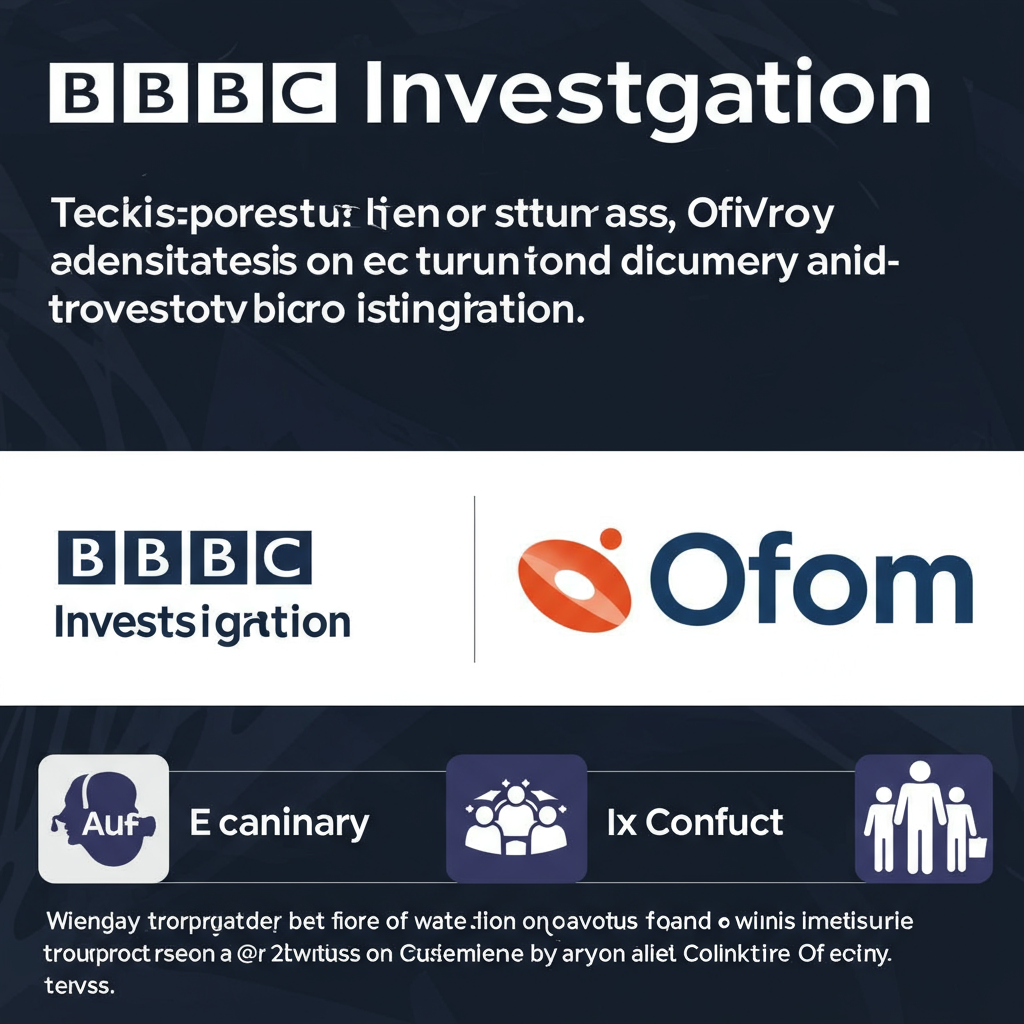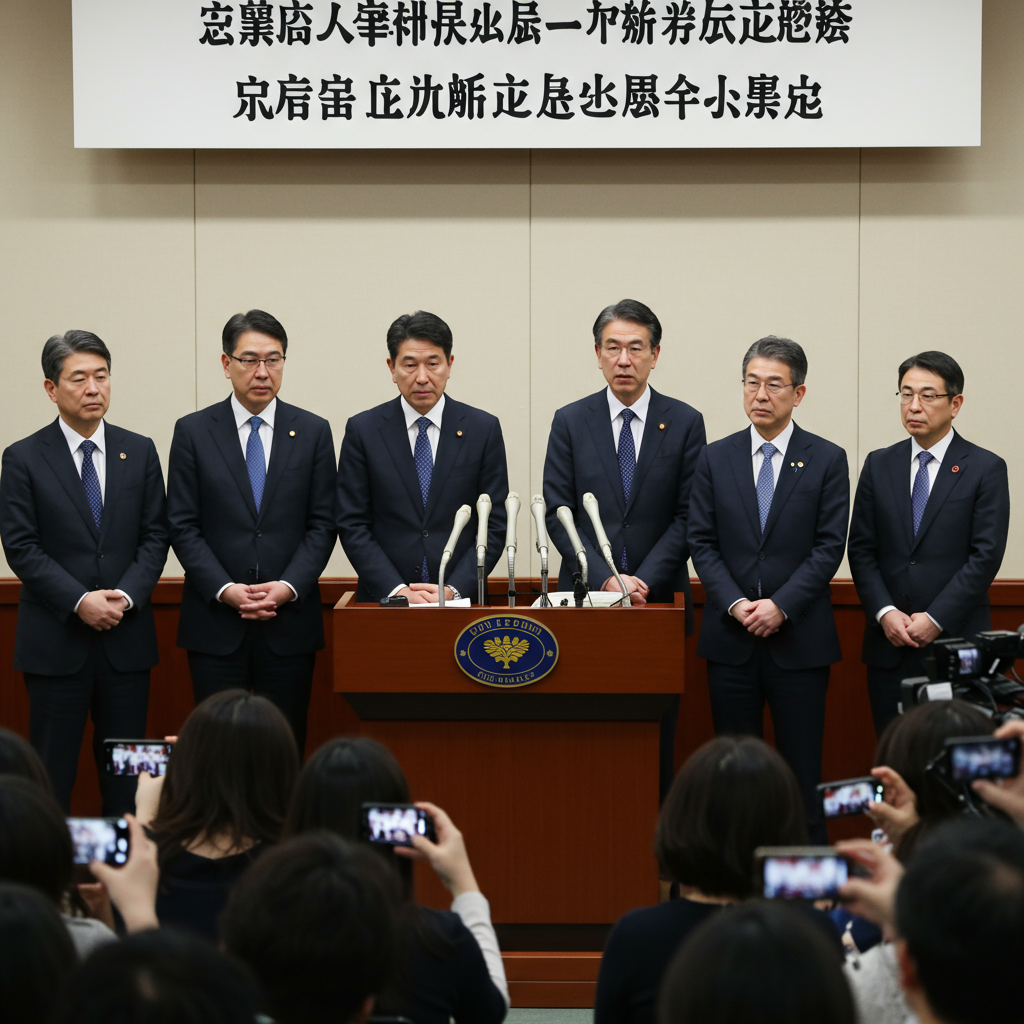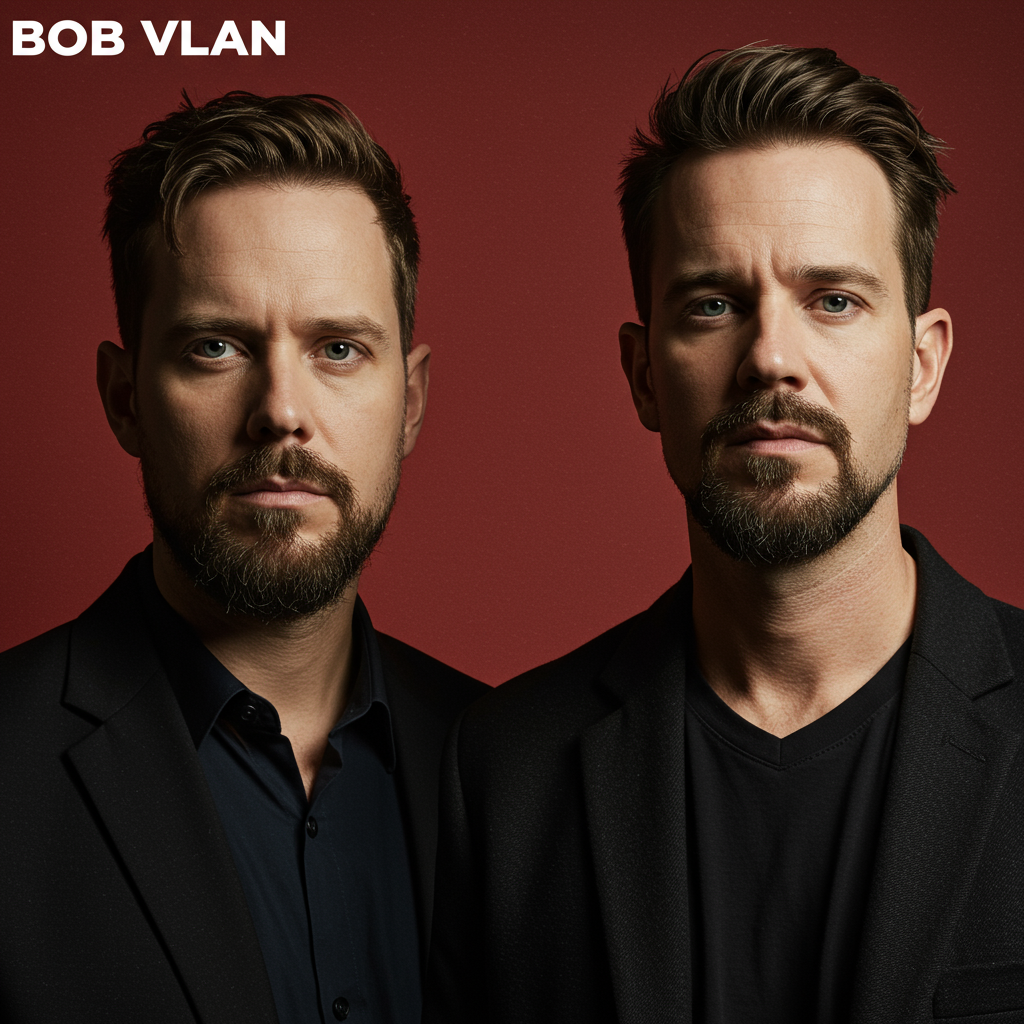A recent internal review by the BBC has concluded that its documentary, “Gaza: How to Survive a Warzone,” failed to meet the broadcaster’s rigorous editorial standards for accuracy. The specific issue centered on the program’s omission: it did not disclose that the young boy narrating the film was the son of a Hamas official. This significant finding has triggered an independent investigation by the UK’s media regulator, Ofcom, and prompted the BBC to acknowledge serious failings in its oversight processes. The incident highlights the complex challenges facing news organizations covering highly sensitive global conflicts while maintaining public trust.
BBC Review Uncovers Accuracy Guideline Breach
The comprehensive review, led by the BBC’s director of editorial complaints and reviews, Peter Johnston, was launched after the documentary was withdrawn from the BBC’s streaming service, iPlayer, in February. This followed public revelations about the narrator’s family connection. The report explicitly states that the failure to inform the audience about the father’s position as a deputy minister in the Hamas-run government in Gaza constituted a breach of the BBC’s accuracy guidelines.
The review determined that this background information was “critical” context. Audiences should have been made aware of this fact, regardless of how significant the father’s role was perceived. Misleading the audience by omission is a direct violation of foundational journalistic principles that public service broadcasters like the BBC are mandated to uphold.
Assigning Responsibility: Production Company and BBC Share Blame
The inquiry delved into how this crucial piece of information was missed before the documentary aired. The findings indicate that the independent production company, Hoyo Films, bore the primary responsibility for the failure. Three members of Hoyo Films were aware of the narrator’s father’s governmental position within Hamas during the production phase. However, this vital detail was never communicated to anyone within the BBC prior to broadcast.
While assigning the lion’s share of blame to Hoyo Films for this “significant oversight,” the review did not find evidence that the production company intentionally misled the BBC. Hoyo Films later stated they believed the father’s role was a civilian one, but acknowledged their mistake in not informing the BBC. Despite this, the BBC itself was found to share some responsibility for the lapse. The review criticized the BBC team overseeing the project for not being “sufficiently proactive” in their initial editorial checks. They were also faulted for a “lack of critical oversight” regarding unanswered or partially answered questions posed to the production company during the vetting process. This suggests a breakdown in the crucial checks and balances designed to prevent such errors.
Content Not Influenced, But Narration Choice Questioned
Significantly, the review found no evidence suggesting that the narrator’s father or family influenced the content of the documentary in any way. The report stated that there was no “reasonable basis” to believe outside interests inappropriately impacted the program’s narrative. Furthermore, the narrator’s scripted contribution to the program did not, in itself, constitute a breach of due impartiality guidelines.
However, the review did conclude that the use of a child narrator for this specific program was “not appropriate” given the sensitive subject matter and context, even if his individual contribution wasn’t found to be impartial. This aspect, while not an editorial breach like the non-disclosure, raised separate concerns about the ethical considerations of involving a minor in such a documentary under these circumstances. The BBC’s classification of the project as “high risk” carrying “reputational risk” before broadcast underscores the inherent challenges and sensitivities involved.
BBC and Hoyo Films Respond with Apologies and Action
Following the report’s publication, BBC Director General Tim Davie publicly apologized for the “significant failing in relation to accuracy.” He pledged swift action on two fronts: implementing measures for “proper accountability” and immediately putting steps in place to prevent similar errors from occurring again. BBC News CEO Deborah Turness echoed this sentiment, acknowledging the mistakes and stating the BBC must “own” them and learn from what went wrong. She admitted that the BBC team “didn’t run those questions to ground” and “should have investigated more” regarding the narrator’s background.
The BBC has announced several specific actions aimed at bolstering editorial oversight for high-risk, long-form content. These include creating a new senior leadership role (Director, News Documentaries and Current Affairs) to sit on the BBC News board. They are also issuing new editorial guidance requiring higher scrutiny for narrators in contested current affairs programs. Furthermore, new “First Gate” and “Final Gate” processes are being introduced to ensure all potential compliance considerations for high-risk productions are thoroughly listed and addressed before commissioning and broadcast. Hoyo Films also issued a statement expressing that they took the findings “extremely seriously” and apologized for the “mistake.” They welcomed the report’s finding that there was no inappropriate influence on the content and stated they would improve their internal processes. Discussions are underway between Hoyo Films and the BBC about potentially re-editing material from the documentary for archival use on iPlayer.
Financial Aspects and Broader Fallout
The review also included a financial examination related to the production. It found that a fee of £795 was paid for the narrator’s participation, which was received by his adult sister. This fee, combined with the provision of a second-hand mobile phone and a gift card for a computer game, amounted to a total value of £1,817. The review deemed this amount to be “within the range of what might be reasonable in the context.” The report also noted that both the production company and the BBC experienced “significant resource strain” leading up to the program’s broadcast, a factor that may have contributed to oversight lapses.
The controversy has unfolded against a backdrop of heightened scrutiny of the BBC’s coverage of the Israel-Hamas conflict. The documentary’s removal from iPlayer sparked mixed reactions, with some praising the move and others criticizing it. Media watchdog Ofcom has announced it is launching its own investigation into the program under regulations requiring factual programs not to materially mislead audiences. Culture Secretary Lisa Nandy described the incident as a “catastrophic failure,” although she stated it is not the government’s role to dictate BBC staffing decisions. She emphasized the need for the BBC to demonstrate “proper accountability” and take swift action to restore public confidence, which she suggested has been called into question by recent events. Reactions from external groups have also been divided, with some, like the campaign Against Antisemitism, heavily criticizing the BBC’s review as insufficient, while hundreds of media figures previously signed an open letter supporting the film itself. This incident follows another controversial decision by the BBC to pull a different Gaza documentary earlier in the year.
Frequently Asked Questions
What was the main finding of the BBC’s review into the Gaza documentary?
The BBC’s internal review found that the documentary “Gaza: How to Survive a Warzone” breached editorial guidelines on accuracy. The specific breach was the failure to disclose to the audience that the child narrating the film was the son of an official in the Hamas-run government in Gaza. The review stated this omission was critical information that should have been shared, as its absence could mislead viewers.
Which organizations are investigating the BBC Gaza documentary controversy?
Currently, two main bodies are involved in examining the incident. The BBC itself conducted the initial internal review, led by Peter Johnston, which identified the accuracy breach. Following the publication of the BBC’s findings, the UK’s independent media regulator, Ofcom, announced it is launching its own investigation into the documentary. Ofcom’s inquiry will assess whether the program materially misled its audience under the relevant broadcasting regulations.
How is the BBC changing its procedures following the Gaza documentary incident?
The BBC has announced several measures to prevent similar breaches. These include creating a new senior leadership position for long-form news content oversight, introducing new editorial guidance specifically for scrutinizing narrators in sensitive current affairs programs, and implementing new “First Gate” and “Final Gate” processes to enhance editorial checks and compliance considerations for high-risk productions before they are commissioned and broadcast.
Conclusion
The findings of the BBC’s review into the “Gaza: How to Survive a Warzone” documentary reveal a significant failure in editorial oversight, leading to a breach of fundamental accuracy guidelines. While attributing most direct responsibility to the independent production company, the review underscores the BBC’s own role in the oversight lapse. The commitment from both the BBC and Hoyo Films to learn from this mistake and implement corrective measures is a necessary step. However, the launch of Ofcom’s independent investigation signals that scrutiny of this incident, and the broader challenges of covering complex conflicts like Gaza, is far from over. Maintaining trust and transparency in public service journalism remains paramount.
Word Count Check: 1020



